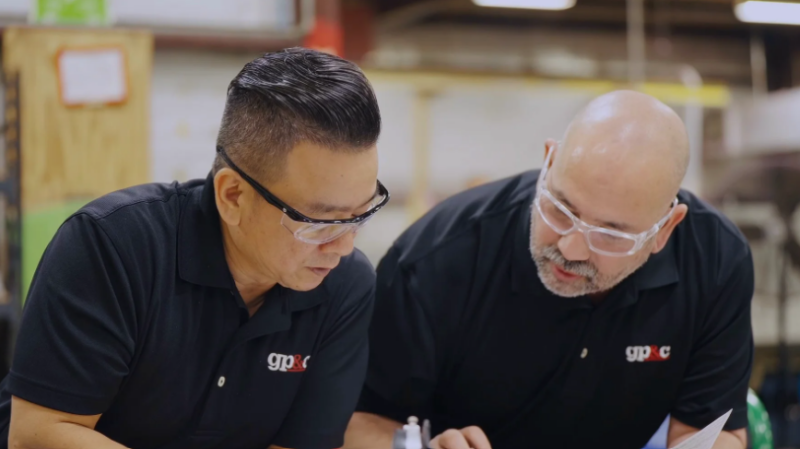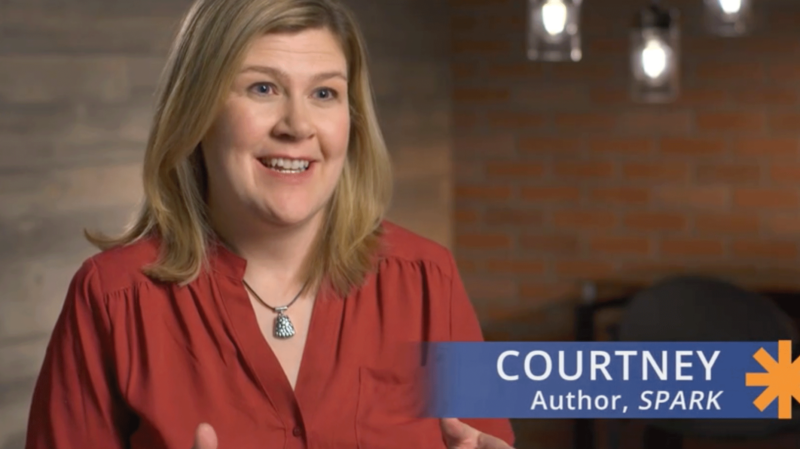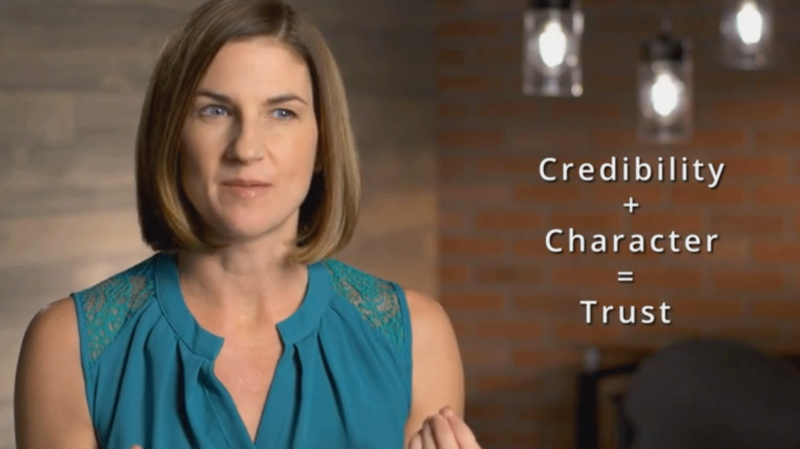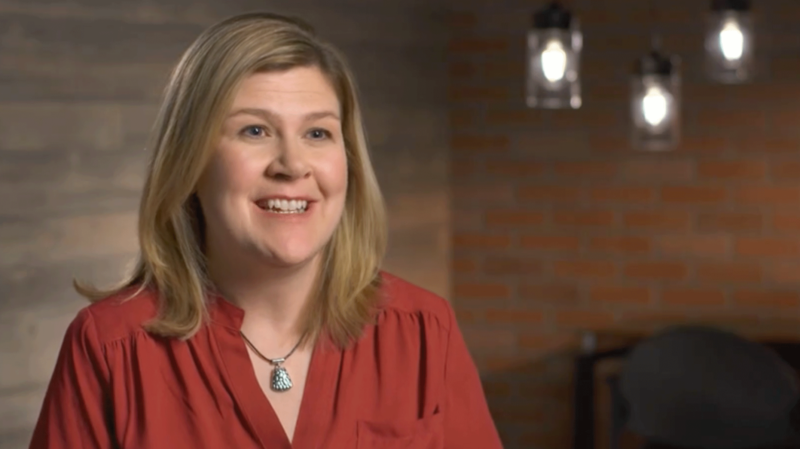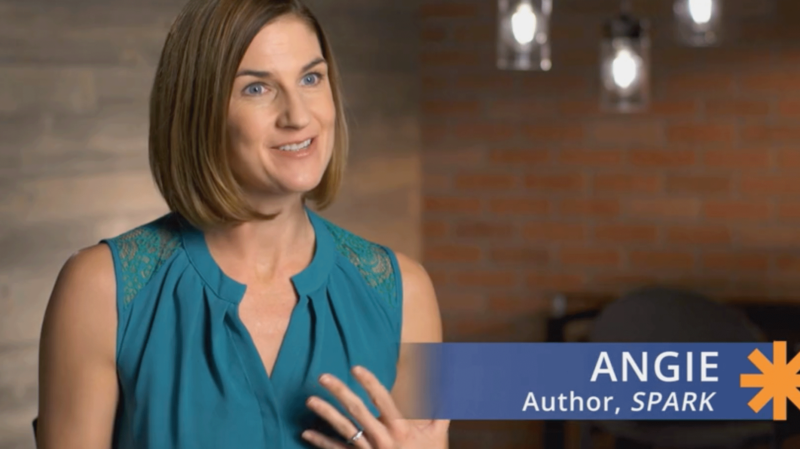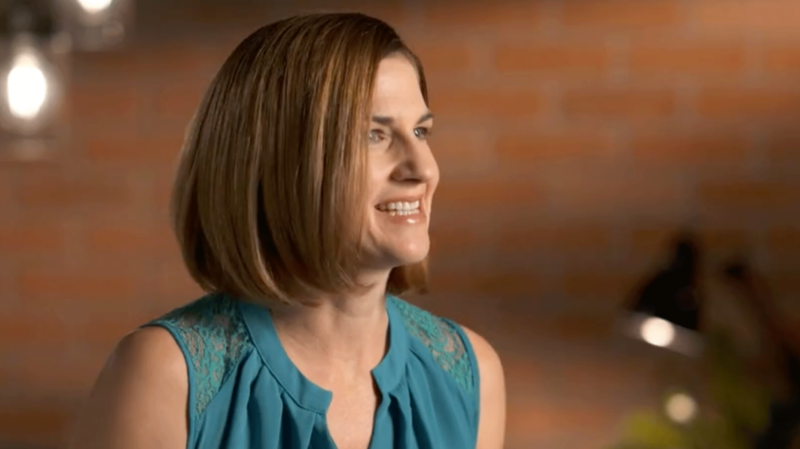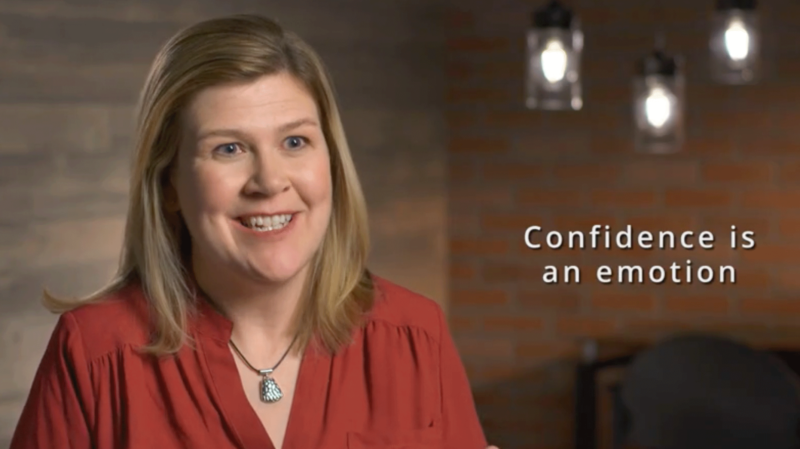Angie: I’ve been to a lot of leadership development programs before, for my own professional development, and what always surprises me, or what I should say what often surprises me, is how absent the concept of service-based leadership is from the curriculum. Mostly that surprises me because it was such a pivotal concept I learned when I was learning how to be a leader in the Marine Corps.
Service-based leadership at its simplest form is about caretaking, recognizing that you as a leader can work with other people to make them better if you take care of them. By taking care it can seem like such a soft concept but, ultimately, it’s about giving them the resources they need so they can be better, be more successful, be more independent of you. Sometimes it’s the simplest thing, like offering praise, expressing gratitude, or highlighting a strength that somebody has that maybe they don’t even know that they have. Those are caretaking gestures. It’s a little bit of effort, a little bit of time, but it can often have a transformative impact on the people you’re seeking to influence and inspire.
We write about service-based leadership in SPARK and I share a story about a phenomenal leader who I had the pleasure of knowing in my time in the Marine Corps. His name was Captain Harper, but he called himself “Coca-Cola” because he was “the real thing.” In the book I talked about this really touching moment where I needed leadership and he stepped up for me. He delivered possibly even greater than a friend could and that really transformed my impression of him and my relationship with Captain Harper.
What was interesting about this story, and what I didn’t share in SPARK, is the backstory. When Courtney, Sean, and I were writing SPARK we decided to feature some of the key leaders in our life that we put on pedestals and I wanted to get Coca-Cola’s permission to tell this story. It was 20 plus years since this particular story happened, so I reached out to him. He was no longer a Captain in the Marine Corps, he had retired as a Colonel and he was now doing something extraordinary in his own right.
I reached out to him and asked, “Do you mind if I tell this story?” And he says, “What story is that Angie?” I replied, “Well it’s that time when you served me when I was having a challenge with my family and you just delivered for me. Do you remember that situation?” He thought about it and he said, “No, I don’t remember at all.” I couldn’t believe that he didn’t remember the situation that I’ve been traveling the world talking about.
I walked away from that conversation thinking that I wished he would have remembered, but the reality is that this was just the type of leader he was. He showed up and he delivered like this for tons of Marines, non-Marines, and beyond because that’s who he is. He is a service-based leader. He was always looking at the people around him and thinking about them, their challenges, and how he could be an instrument to help them get better. He wasn’t doing it because he was necessarily getting paid for it, he was doing it because that was who he was. He knew that his job was to make people better and he just showed up for them every single day.


